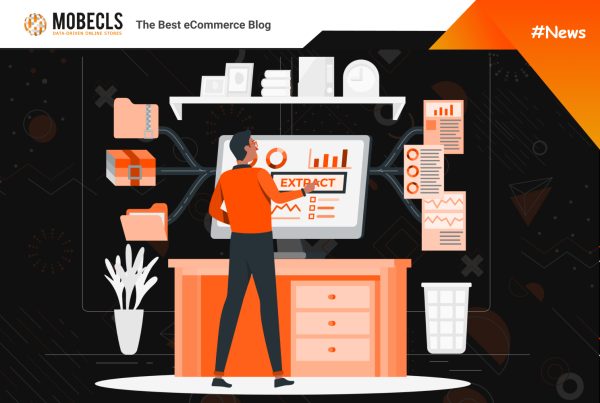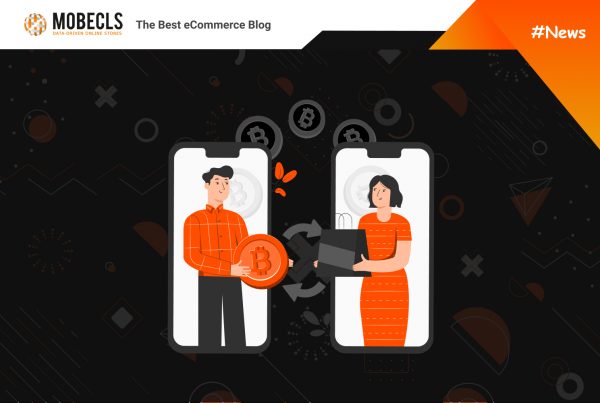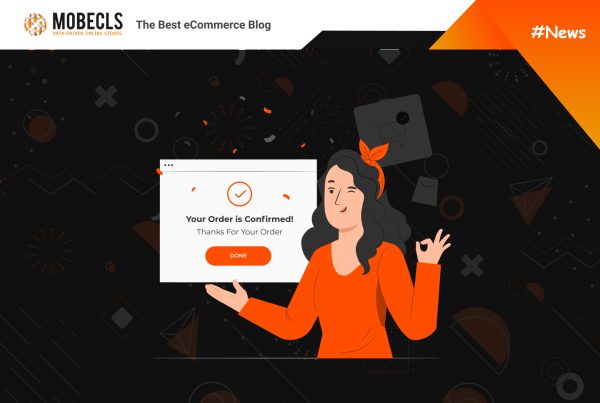As businesses grow, many realize the importance of having an Enterprise Resource Planning (ERP) system by hand. Small businesses might get by without it, but for medium-sized and larger companies, it becomes a crucial tool for managing various aspects of their operations. This article aims to guide you through some of the top ERP solutions designed to cater specifically to the needs of eCommerce businesses. We’ll explore their features and the advantages they bring, helping you understand how these solutions can enhance the efficiency of your business processes.
What is an ERP System?
ERP (Enterprise Resource Planning) systems help manage the company’s resources, data, and business processes more effectively. This software is broader than, for example, CRM (Customer Relationship Management), which contains a customer base and data on customer interaction. Simply put, ERP is an information system that allows you to store and process critical data, which is vital for the operation of a company.
Top ERP Solutions for Ecommerce Business
Epicor (Best for B2B)
Epicor ERP stands as a modular, industry-specific software designed to seamlessly manage comprehensive business processes across various sectors. Notably excelling in accounting, finance, human resources, customer management, supply chain, inventory, distribution, and manufacturing production management, Epicor is a robust solution for organizations aiming to optimize their operations. It’s a top ERP solution for B2B sales.
Top Features
- Inventory Management Integration. Epicor Automates key functions like product picking, fulfillment services, and diverse shipping options for customers.
- 360-degree View of Business Operations. The software allow enabling authorized staff members to access real-time critical sales and performance information through customized dashboards and reports.
- Mobile Options. Empowers customer service, sales, and administrative staff to work securely and efficiently from their mobile phones with optimized displays.
- Streamlined Process for Special Orders. Allows customers to place special orders through self-service, a crucial feature in the B2B sphere. Integrated platforms support personalization and customization of products, including building items from scratch using product configurator software.
- Automated Customer Management. Simplifies the organization of loyalty and rewards programs with integrated technology. Utilizes records from your eCommerce store and ERP software to identify optimal incentives for each customer, with rewards accruing automatically.
- Better Compliance. Addresses compliance challenges faced by B2B companies dealing with financial data, medical products, food safety, and other regulated areas. Ensures improved compliance with regulations across multiple sales jurisdictions, confirming each step in the supply chain and manufacturing process continually.
Complexity of Epicor Integration
While Epicor integration offers a robust API for connecting with different systems, the implementation process can be intricate. Managing complex software, business infrastructure, and internal as well as customer-facing processes necessitates experienced developers to ensure a smooth and effective integration. Overall, Epicor ERP integration proves to be a pivotal strategy for B2B companies seeking a comprehensive solution to elevate their operations.
SAP ERP (Best for Business Intelligence and Large Enterprises)
SAP emerges as a robust ERP solution tailored for large enterprises seeking to establish a formidable online presence with a focus on delivering rich and engaging customer experiences. As an industry leader, SAP Commerce Cloud provides advanced tools for seamless integration of complex organizational processes alongside user-friendly management tools.
Top Features:
- Product Information Manager (PIM). The integrated PIM (PCM) facilitates the management of even the most intricate product catalogs. Centralized product data through the Product Content Manager enhances product enrichment, offering customizable options for suppliers.
- Personalization. SAP Commerce enables robust personalization, fostering stronger emotional connections with customers. Adaptive search, personalized promotions, categories, merchandising, and suggestions contribute to an elevated customer experience.
- Microservices. Leveraging cloud and microservices advantages, SAP Commerce Cloud offers an excellent infrastructure through collaboration with Microsoft Azure. The Omni Channel Connect (OCC) API layer ensures seamless interaction with external platforms, enhancing flexibility and connectivity.
- Order Management. Various options for managing customer orders, combining a powerful backoffice for logistics and standard integration points with SAP ERP. The Assisted Service Module (ASM) aids customer support teams in providing assistance throughout customer journeys.
- B2C & B2B Accelerators. SAP Commerce Cloud includes predefined “Accelerators” for various industries and business models, simplifying configuration with sample stores. Accelerators, covering diverse sectors like machinery tools, electronics, and fashion commerce, serve as a foundational starting point.
In conclusion, SAP Commerce Cloud stands as an exceptional choice for enterprises with complex eCommerce needs, offering unparalleled features and integrations. However, small businesses may find more straightforward alternatives better suited to their initial online selling endeavors.
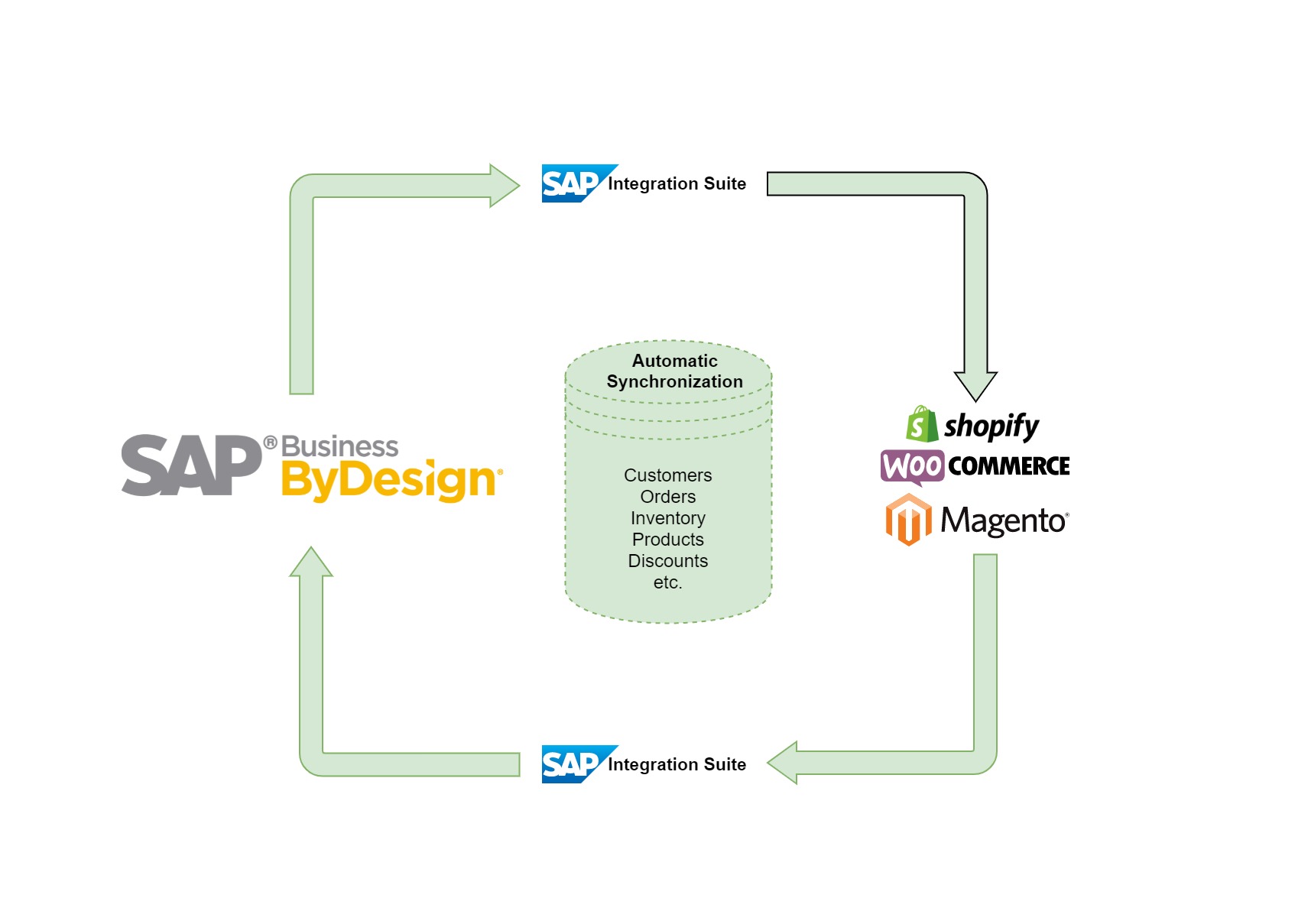
Credit: SAP Community
Oracle Netsuite
Oracle Netsuite stands as a comprehensive and integrated commerce solution that eradicates the need for complex integrations between disparate systems. By unifying ecommerce, point of sale (POS), inventory and order management, marketing, customer service, and financials into a single platform, businesses gain unparalleled real-time visibility. This consolidation of fragmented data sources into a unified repository empowers informed, timely decision-making, setting a new standard for operational efficiency.
- B2C and B2B Ecommerce on a Single Platform.Businesses can deliver relevant and engaging experiences for consumers while offering B2B customers a B2C-like experience that surpasses expectations. The solution is designed to meet the unique requirements of both consumer and business buyers, eliminating the need to manage separate systems for each.
- Inventory Management. Fully integrated systems offer real-time transparency into operations and warehouses, aiding strategic inventory management. Just-in-time inventory replenishment helps reduce costs, minimize dead inventory, and align stock levels with product demand.
- Cloud-Based Flexibility. NetSuite’s cloud-based solution offers unmatched flexibility and adaptability, ensuring businesses can grow, reduce operational costs, and enhance efficiency. By eliminating the complexities of managing hardware and software, NetSuite provides a scalable and hassle-free environment for businesses to thrive.
- User Experience (UX). Self-service capabilities include access to past invoices, onsite shipping integrations, options for requesting price quotes, product personalization, automated tax calculations, real-time currency conversions, and extensive payment options.
In conclusion, Oracle NetSuite emerges as a unified commerce powerhouse, offering a seamless and integrated solution that spans the entire spectrum of business operations. From ecommerce and POS to inventory management and customer service, NetSuite sets a new standard for businesses seeking efficiency, adaptability, and a unified approach to both B2C and B2B commerce.
Infor ERP Industrial (Best for Distribution and Medium-Sized Manufacturers)
Infor Syteline, also recognized as Infor CloudSuite Industrial (CSI), stands out as an enterprise resource planning (ERP) solution meticulously crafted for midsize manufacturing organizations. Tailored to address the diverse needs of modern manufacturing, Syteline encompasses a robust suite of features, spanning accounting, sales order management, quality management, product lifecycle management (PLM), field service, purchasing, supply chain management, project management, inventory management, and equipment lifecycle management.
Top Features:
- Accounting & Financials. Integrated financial management suite covering budgeting, forecasting, financial planning, and analytics. The solution provides integrated manufacturing and financial analysis with actual and standard costing methods, offering flexibility, including LIFO, FIFO, and lot-specific methods.
- Inventory Management. Comprehensive inventory management features encompassing WIP tracking, finished goods, units of measure, kitting, minimum inventory reordering, warehouse movements, multiple costing methods, cycle counting, shipping and receiving, and more.
- Procurement. Procurement functionality supports vendor information storage, purchase orders, returns, landed costs, multi-site purchasing, purchase order requisitions, automatic vouchering, GRNs, centralized purchasing, vendor analysis, and purchase requirements reporting.
- Customer Service, Sales & CRM. The software encompasses capabilities for customer order tracking, picking, packing, and shipping, customer contracts, estimating and quoting, pricing promotions and rebates, credit letters, returns, and replacements management.
In conclusion, Infor Syteline is a versatile solution offering industry-specific functionalities, catering to sectors such as ecommerce, manufacturing, and healthcare. It equips medium and large businesses with cutting-edge tools to achieve exceptional analytics. The software empowers swift responses to changes in the market, reduction of excess inventory, and cost savings. With flexible deployment options, users gain control over team management, activities, technology, and resources.
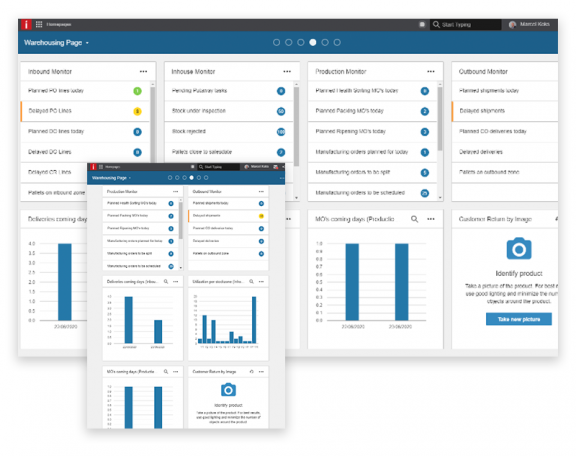
Credit: Infor
Odoo
Odoo is a complex solution that impresses with its all-inclusive approach, consolidating essential modules for payment, delivery, inventory, and financial management. The platform’s vast array of over 1000 modules ensures a comprehensive solution to address various business needs without the hassle of searching for additional tools.
Top Features:
- Payments Control. Real-time transaction management is a standout feature. Odoo grants complete access to financial information, enabling users to generate payment reports and receipts at their convenience. Support for popular payment processing systems like Authorize.net, PayPal, and Stripe enhances flexibility.
- Scalability: Odoo’s scalability is a game-changer, eliminating the need for resource-intensive custom solutions. Businesses can effortlessly adjust the number of modules based on evolving project requirements, ensuring a tailored and efficient system.
- Website Builder: The inclusion of a user-friendly website builder sets Odoo apart. Businesses can create attractive websites, manage products, set up payment processes, and more without the need for a developer. Multiple online store management and integration with popular marketplaces further enhance its appeal.
- Internal Chats: Recognizing the importance of communication, Odoo incorporates an internal chat system. The platform goes beyond text communication, offering video calls through a Zoom-like module. This ensures streamlined communication without overwhelming employees with multiple messaging platforms.
Odoo stands out as a robust ERP solution for eCommerce with its cloud-based, modular structure that ensures accessibility from any location, rendering it a highly versatile solution. The open-source nature simplifies configuration and management, particularly benefiting end-users. Odoo’s adaptability, multilingual interface, and extensive array of modules significantly enhance the overall user experience.
Moreover, the company provides pre-built connectors for popular ecommerce platforms including Shopify and Magento allowing for easy integration between the front and back office.
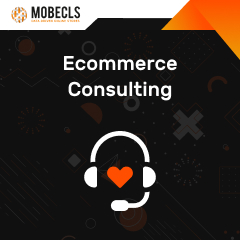 If you want to be ahead of your competitors and make sales, you need a solid online business strategy, which is vital for both eCommerce newcomers and already established businesses. If you have doubts about your eCommerce strategy or you have any questions on ERP implementation, contact us and we’ll help you to make the right choice.
If you want to be ahead of your competitors and make sales, you need a solid online business strategy, which is vital for both eCommerce newcomers and already established businesses. If you have doubts about your eCommerce strategy or you have any questions on ERP implementation, contact us and we’ll help you to make the right choice.

